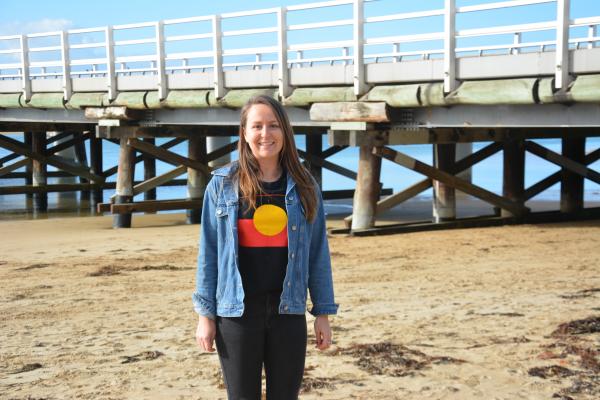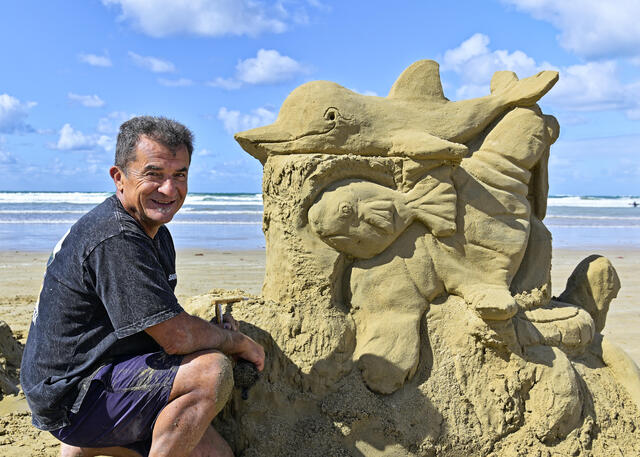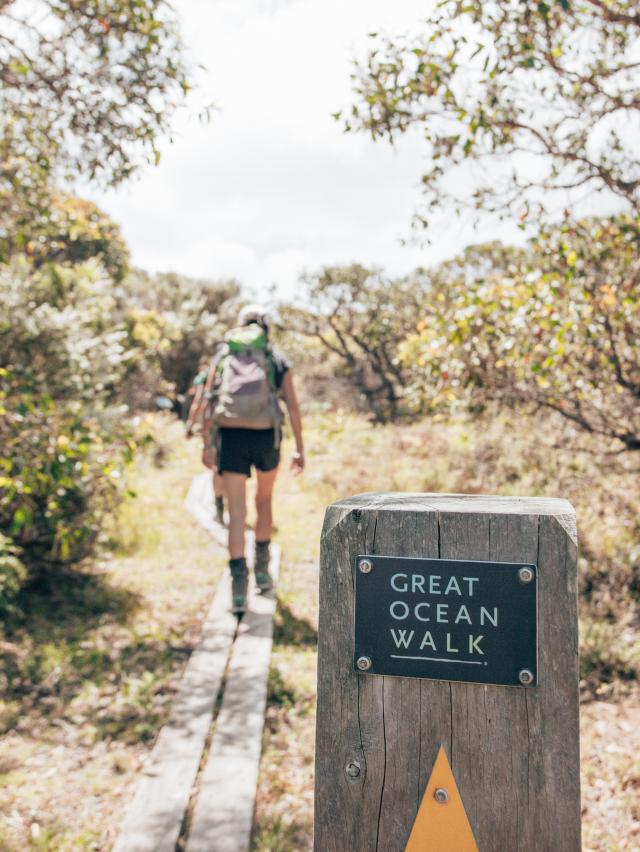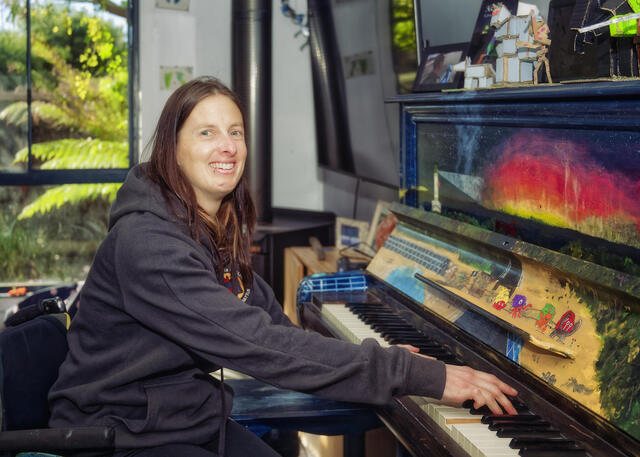Thousands of kilometres away from home, a totally new language and a fresh start – it sounds like Jess Lister moved to another country, but she is still right here in Australia.
The 29-year-old Barwon Heads school teacher packed up and moved to the remote indigenous community of Kaltjiti (or Fregon), about 350 kilometres south of Uluru.
In her third year at Kaltjiti and sixth as a teacher, Jess has embraced, rather than shunned, the many challenges of life in the red centre.
She had to learn some basic Pitjantjatjara (the local language), brave months on end of blistering heat, come face-to-face with odd supermarket items such as kangaroo tail and endure prices for items that cost four times as much as back home.
“It’s not until you do learn and understand a bit about the language that you can take your relationship with the community to the next level,” she says.
“If you show them that you want to communicate you show respect that you want to learn.”
Although Jess mainly teaches in English there is a Pitjantjatjara speaker in every class to help.
It took about a year for Jess to be fully accepted into the local community.
“A priority of mine was building relationships and connection with community, which took a long time,” she says.
“It was about a year until I was invited somewhere without inviting myself. We go out bush and hunting and gathering – witchetty grubs and honey ants.
“I have lots of women come around for cups of tea and to make bush medicine.
“It takes a long time to prove you are there because you want to be.”
The children don’t follow the same curriculum as schools in non-remote areas.
It is heavily hands-on based and there are a lot of dot paintings.
“Their learning style is hands-on and authentic and if they can’t see the value in it, it’s not going to happen so everything needs to be highly relevant,” Jess says.
“It’s hard to forward-plan because if the kids aren’t interested in it it’s not going to work.”
Kaltjiti has only just recently been connected to the internet, which Jess says has presented its challenges.
“Kids are gaming or watching YouTube all night so our attendance has really dropped,” she says.
Jess says one of the many benefits of teaching in a remote location is going on school excursions. And their excursions are much different to the ones here.
“When we go on an excursion we take a trailer, pack the swags and all the elder women come along,” she says.
“We track animals and share stories. As a teacher, you are usually the one organising and preparing, but when you go out bush it’s a sign of respect that the elders run it and cook for us from the coals.
“Some nights if we are afraid of Wati spirits, the women will light fires that ring all the way around us and they keep waking up at night to light it and we fall asleep to these women singing the spirits away. It’s beautiful.”
Jess says she will do another year at Kaltjiti, but after that the lure of returning home will be strong. Still, she’s not totally convincing.
“I should come back, but we’ll see,” she says.
“I have some friends up at Groote Eylandt I so I wouldn’t mind going up there to see how the indigenous use the ocean to hunt and gather.”
But for now, Jess will return to Barwon Heads only during school holidays. She says she will load up her car with $700 worth of groceries to take back to Kaltjiti.
“I didn’t think I would fall in love with it as much as I have,” she says.









